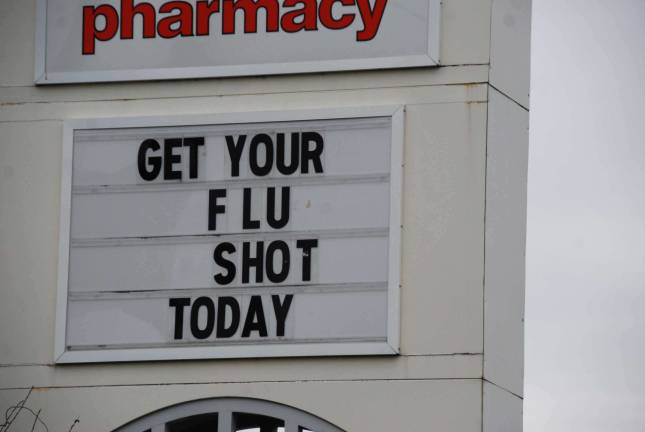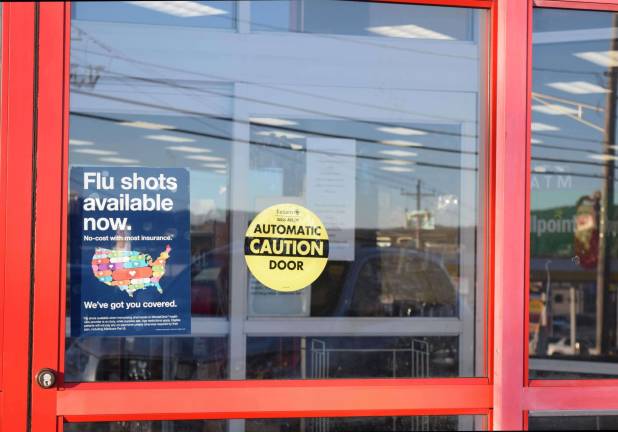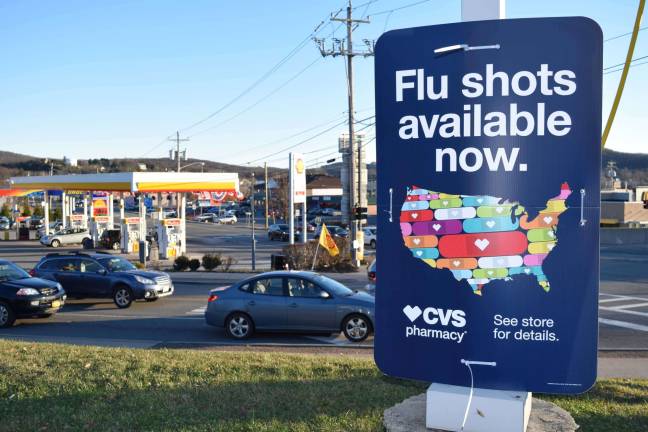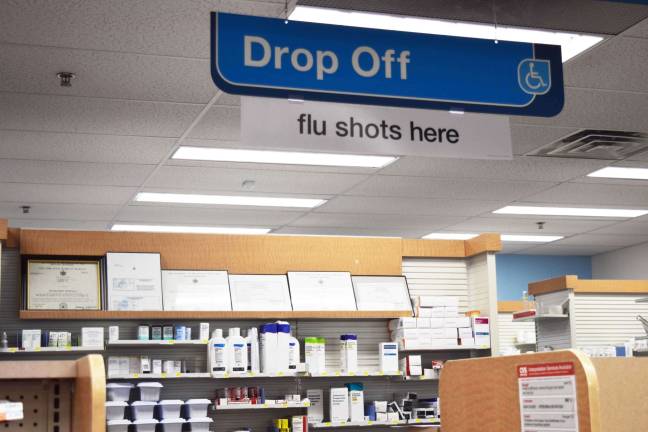Should I get the flu shot?





So you’ve dragged your feet this long. Now we’re in peak flu season – between December and February – and you’ve got a decision to make.
Do it for Grandma
Why should you get the flu shot? Let me ask why not? It doesn’t cause flu and doesn’t hurt much. That aside, there are lots of reasons to get vaccinated. We could write a book, but the most important are the following:
1. Flu is a deadly disease — it kills people, lots of people, in the past thousands and even millions of people. Time travelers from 1918 when flu killed 50 million people would probably want you to get a flu shot because it’s not that big a deal. This year marks the centennial of that first major flu pandemic. It was a huge medical breakthrough when the 1933 influenza virus was first isolated, and the first vaccine developed. Influenza vaccines still aren’t perfect. They don’t give 100 percent immunity, but they do limit the spread and decrease the severity of illness. They’re the best medical intervention we currently have.
2. Okay, even if you are healthy and flu probably won’t kill you, are you healthy and selfish? Getting the flu shot protects people around you who have weaker immune systems or who can’t get the shot for some reason. So don’t do it for you, do it for your grandmother and her friends, for your neighbor or family member with chronic illness, and the new baby in the family who is too young to be vaccinated. More flu shots means fewer cases means people who are compromised in some way are less likely to get it.
3. Last year’s flu was particularly virulent, killing around 80,000 people in the US. That’s more than any flu epidemic since 2010 and seven times more than the total number of deaths from the three-year Ebola outbreak in West Africa. Of the 185 children who died last year from flu, 80 percent were not vaccinated.
Besides washing your hands, avoiding sick contacts and healthy lifestyle habits in general, there’s not much you can do to prevent the flu without the help of the vaccine. If you might have the flu, stay home from work and school while you have fever and wash your hands well.
- Jessica Rollin, MD, Francois Rollin, MD and Jennifer Kurz, MD
Not worth the toxic burden
When the topic of immunizations comes up, it can provoke passionate opinions. As someone in the health counseling world, I am asked frequently about my take on vaccines and have subsequently spent countless hours getting as much information as possible, especially as it pertained to my recent vaccine exemption for my two boys.
I learned that the number of shots we are expected to give our children has more than quadrupled since the 1970s. They contain a multitude of “other ingredients” — too many to list here, but I’ll highlight two that can be found in the flu shot.
Let’s start with aluminum, which has slowly taken the place in vaccines of the highly toxic mercury. Aluminum produces a stronger antibody response and makes vaccines more effective. It also causes an increase in a certain kind of immune system “helper” cell — a TH2 cell — which can throw off the immune system maturation process that unfolds over the first three years of life. Numerous published studies show a correlation between elevated levels of TH2 function and chronic illnesses including allergies, eczema, ADD and autoimmune diseases. My boys and I have autoimmune disease, and this was a determining factor in our choice.
Then there’s formaldehyde, which inactivates viruses in the flu vaccine — a chemical the FDA has classified as a carcinogen.
Today’s flu vaccine is also only 20 percent effective. Scientists rely on a good degree of guesswork regarding how flu strains will mutate, then produce the vaccine through an imperfect process of culturing viruses in hundreds of millions of chicken eggs. “Because the strain of flu that infects people is often difficult to grow in eggs, vaccine producers must make compromises to produce enough egg-based vaccine,” says a 2018 study in the Journal of Clinical Infectious Disease. “Unintended effects of this process have reduced vaccine efficacy.”
Ultimately I decided to stop all vaccinations for our family and focus on building our immune systems to better tackle the task at hand. But every family has to make its own informed decisions, to look at both sides and weigh out the pros and cons of anything that goes into our bodies.
- Lisa Y. Mitchell, owner of Down2Earth in Florida NY